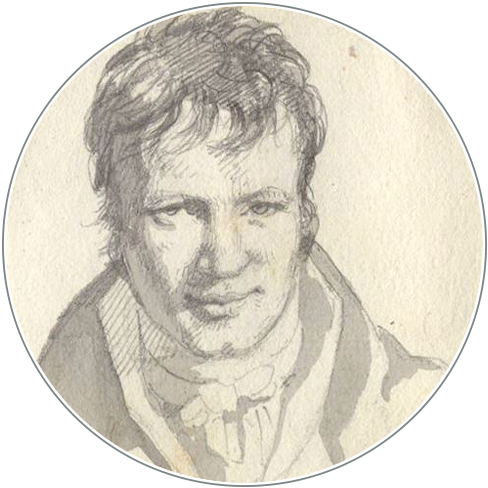Alexander von Humboldt: précurseur du concept de l’Anthropocène
DOI:
https://doi.org/10.18443/374Schlagworte:
Anthropocène; Interactions homme-natureAbstract
Résumé
L’Anthropocène, concept désignant l’ère géologique marquée par l’influence humaine, est devenu un sujet central pour les sciences naturelles et sociales au XXIe siècle. Cette étude examine la contribution d’Alexander von Humboldt à la conceptualisation des interactions homme-nature, le positionnant comme précurseur de l’Anthropocène. L’analyse textuelle de son récit de voyage sur le lac Valencia révèle la vision écologique holistique de Humboldt, intégrant l’homme dans le réseau complexe de la nature, contrastant avec les conceptions anthropocentriques dominantes de l’Anthropocène. Cette perspective pionnière enrichit l’histoire de la pensée écologique et démontre la pertinence des travaux de Humboldt dans les débats contemporains sur l’Anthropocène.
Zusammenfassung
Das Anthropozän, ein Konzept zur Bezeichnung des geologischen Zeitalters, das durch menschlichen Einfluss geprägt ist, hat sich im 21. Jahrhundert zu einem zentralen Thema für Natur- und Sozialwissenschaften entwickelt. Diese Studie untersucht Alexander von Humboldts Beitrag zur Konzeptualisierung der Mensch-Natur-Interaktionen und positioniert ihn als Vorläufer des Anthropozän-Konzepts. Die Textanalyse seines Reiseberichts über den Valencia See offenbart Humboldts ganzheitliche ökologische Sicht, die den Menschen in das komplexe Netzwerk der Natur integriert und im Gegensatz zu den vorherrschenden anthropozentrischen Auffassungen des Anthropozäns steht. Diese Pionierperspektive bereichert die Geschichte des ökologischen Denkens und zeigt die anhaltende Relevanz von Humboldts Arbeiten für die zeitgenössischen Debatten über das Anthropozän.
Abstract
The Anthropocene, a concept designating the geological era marked by human influence, has become a central subject for natural and social sciences in the 21st century. This study examines Alexander von Humboldt’s contribution to the conceptualization of human-nature interactions, positioning him as a precursor to the Anthropocene concept. Textual analysis of his travel account on Lake Valencia reveals Humboldt’s holistic ecological vision, integrating humans into the complex network of nature, contrasting with the dominant anthropocentric conceptions of the Anthropocene. This pioneering perspective enriches the history of ecological thought and demonstrates the relevance of Humboldt’s work in contemporary debates on the Anthropocene.

Veröffentlicht
Zitationsvorschlag
Ausgabe
Rubrik
Lizenz
Copyright (c) 2024 Fang Luo

Dieses Werk steht unter der Lizenz Creative Commons Namensnennung - Nicht-kommerziell 4.0 International.
Die Rechte der eingesandten Artikel bleiben bei den Autoren und werden unter einer Creative Commons-Lizenz (CC BY-NC 4.0) veröffentlicht. Alle bei HiN publizierenden Autorinnen und Autoren akzeptieren dieses Lizenzmodell.
Die Autorinnen und Autoren tragen die Verantwortung für das Einwerben der Bildrechte.
Die Rechte am Layout und Design der Zeitschrift sind nicht übertragbar und können nicht ohne vorherige Zustimmung von HiN in anderen Publikationen weiterverwendet werden.









